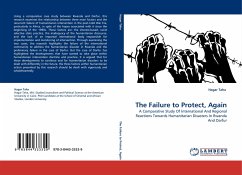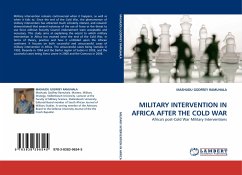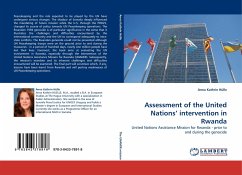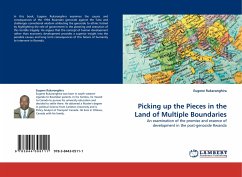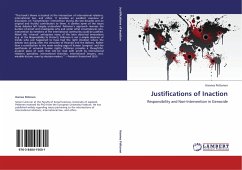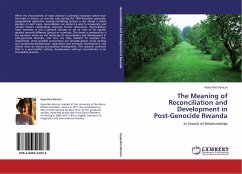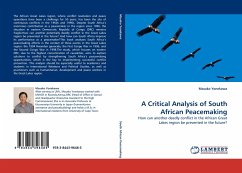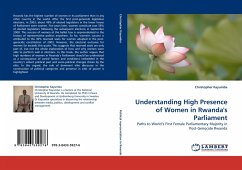Using a comparative case study between Rwanda and Darfur, this research examines the relationship between three main factors and the recurrent failure of humanitarian intervention in the post-Cold War Era, particularly in Africa, in spite of the hopes associated with it since the beginning of the 1990s. Those factors are: the interest-based, racist selective state practice, the inadequacy of the humanitarian discourse, and the lack of an impartial international body responsible for implementation and monitoring of intervention. Through examining the two cases, the research highlights the failure of the international community to address the humanitarian disaster in Rwanda and the preliminary failure in the case of Darfur. But the case of Darfur has highlighted the developments that have started to take place within humanitarian intervention doctrine and practice. It is argued that for these developments to continue and for humanitarian disasters to be dealt with differently in the future, the three factors within humanitarian action presented by this research should be dealt with vigorously and wholeheartedly.

